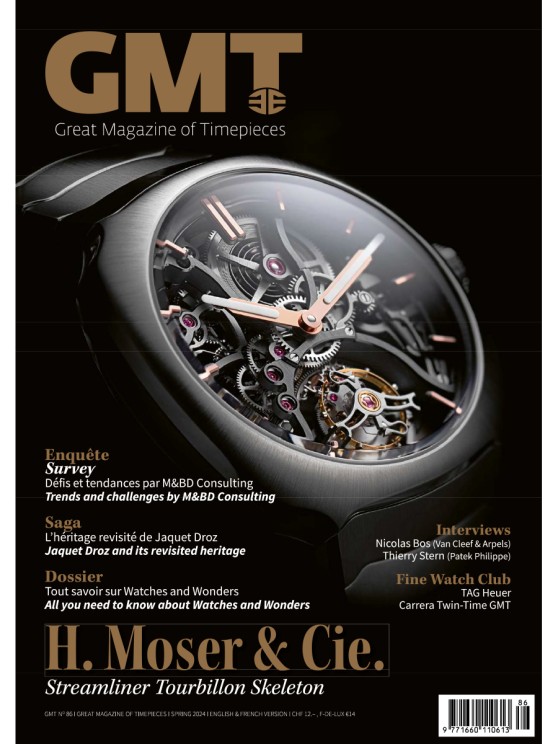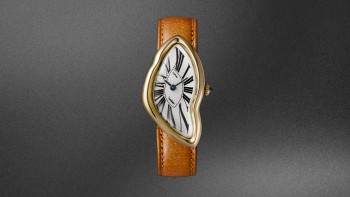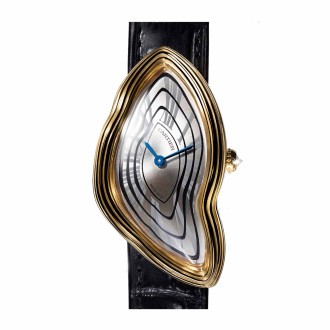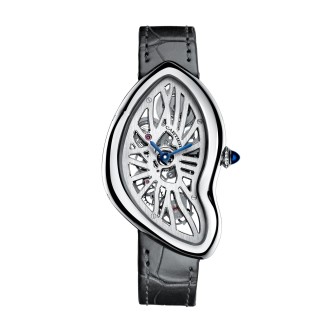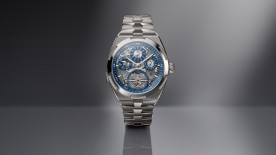Watchmaking has its fair share of legends, mysteries and coincidences, passed on from generation to generation, without any written proof of their veracity. The story of the birth of the Crash watch is one of the most famous examples: this oral legend dates back to 1967 and has its roots in London.
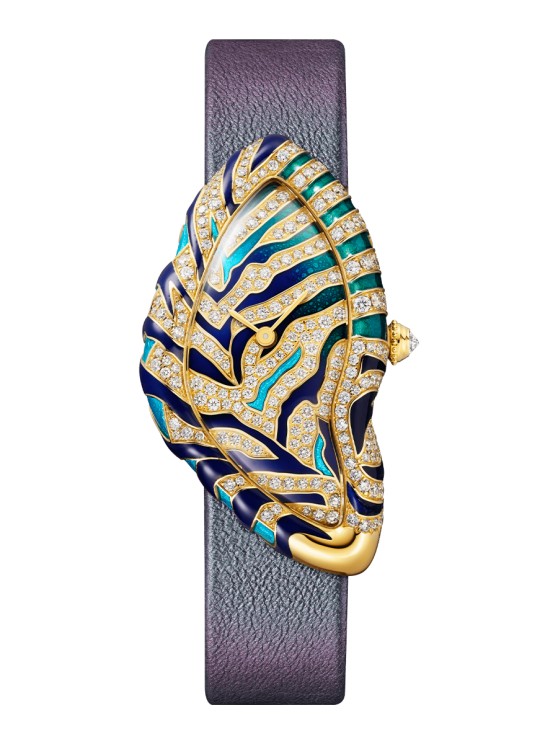
The story goes that a Cartier customer asked the brand’s London branch to repair his watch, whose deformed case suggested that it had fallen under the wheels of a car. Jacques Cartier’s son Jean-Jacques, in charge of the brand’s London branch since 1941, was won over by the shape and wanted to reproduce the design. A rich idea, as demonstrated by the growing success of this aptly named watch, which looks like something straight out of Salvador Dail’s famous 1931 painting titled The Persistence of Memory but better known to the public as Soft Watches or Melting Clocks.
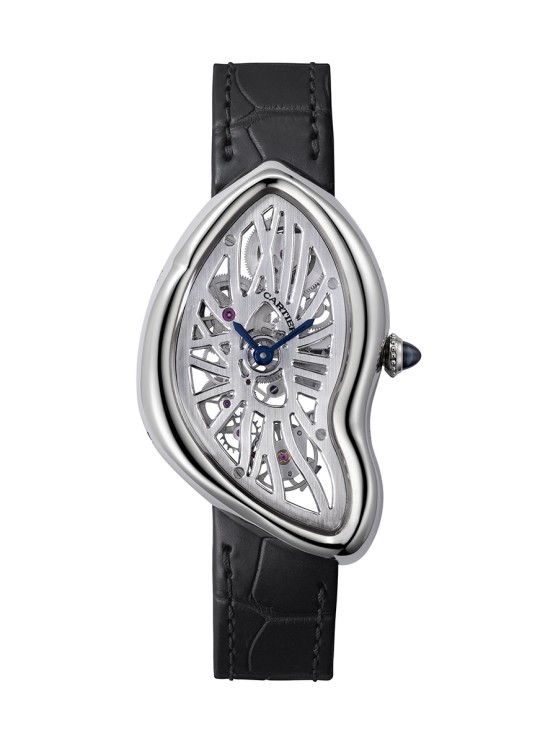
A UNIQUE SHAPE
Anti-conventional, disruptive and surprising, the Crash embodies the quintessential science of shape that Cartier has been cultivating for over a century. The watch created in 1904 for aviation pioneer Alberto Santos-Dumont naturally springs to mind, a square model now regarded as the very first men’s wristwatch. There’s also the Tank marketed from 1919 onwards and its many variations on the rectangle.
Other elegant examples include the tonneau-shaped Tortue watch unveiled in the early 1910s, or the perfect elongated oval of the Baignoire watch. Most of these watchmaking classics were born in the stylistic effervescence of the early 20th century. The Crash is an exception. Not only does it reflect the creative energy of the Swinging Sixties, but it was also not intended as a synthesis of the shapes Cartier had explored up to that point. Neither round nor oval, square nor rectangular, it eludes any notion of geometry, instead proclaiming its resolutely dented, rugged and mischievous character.
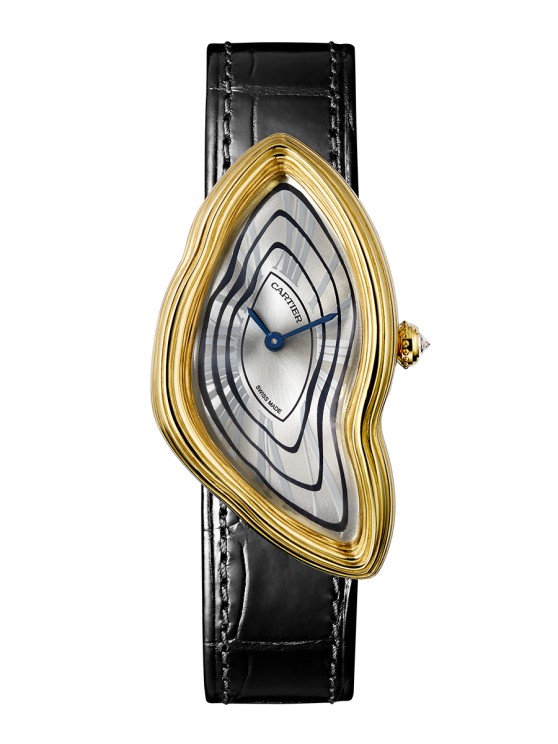
A COLLECTOR’S OBJECT
Produced in very small limited editions since the first model made its debut in London in 1967, the Crash leaves no one indifferent. In turn gemset to give it all the allure of a jewelry watch; skeletonized to better expose the technical nature of its mechanical movement; draped in enamel and diamonds in a surprising 50-piece limited edition of Crash Tigrée timepieces unveiled in 2022; or simply in yellow gold, echoing the very first model born in London, the Crash is enjoying growing success among collectors.
Is that because it has been spotted on the wrists of pop culture stars such as Kanye West, Tyler The Creator and Jay-Z? Their interest will undoubtedly have benefited the Crash’s value, which continues to climb at auction. In February 2024, a 1990s yellow gold Crash in yellow gold belonging to Elton John fetched 277.20 dollars. In 2022, a rare 1967 “Crash London” sold for USD 1.5 million on the Loupe This Watch auction site – a record!
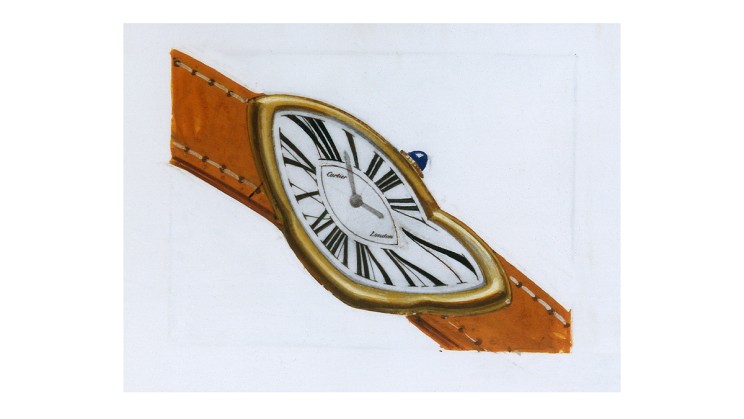
As a WorldTempus reader, we are delighted to offer you the digital version of this GMT Magazine, that you can download here.
